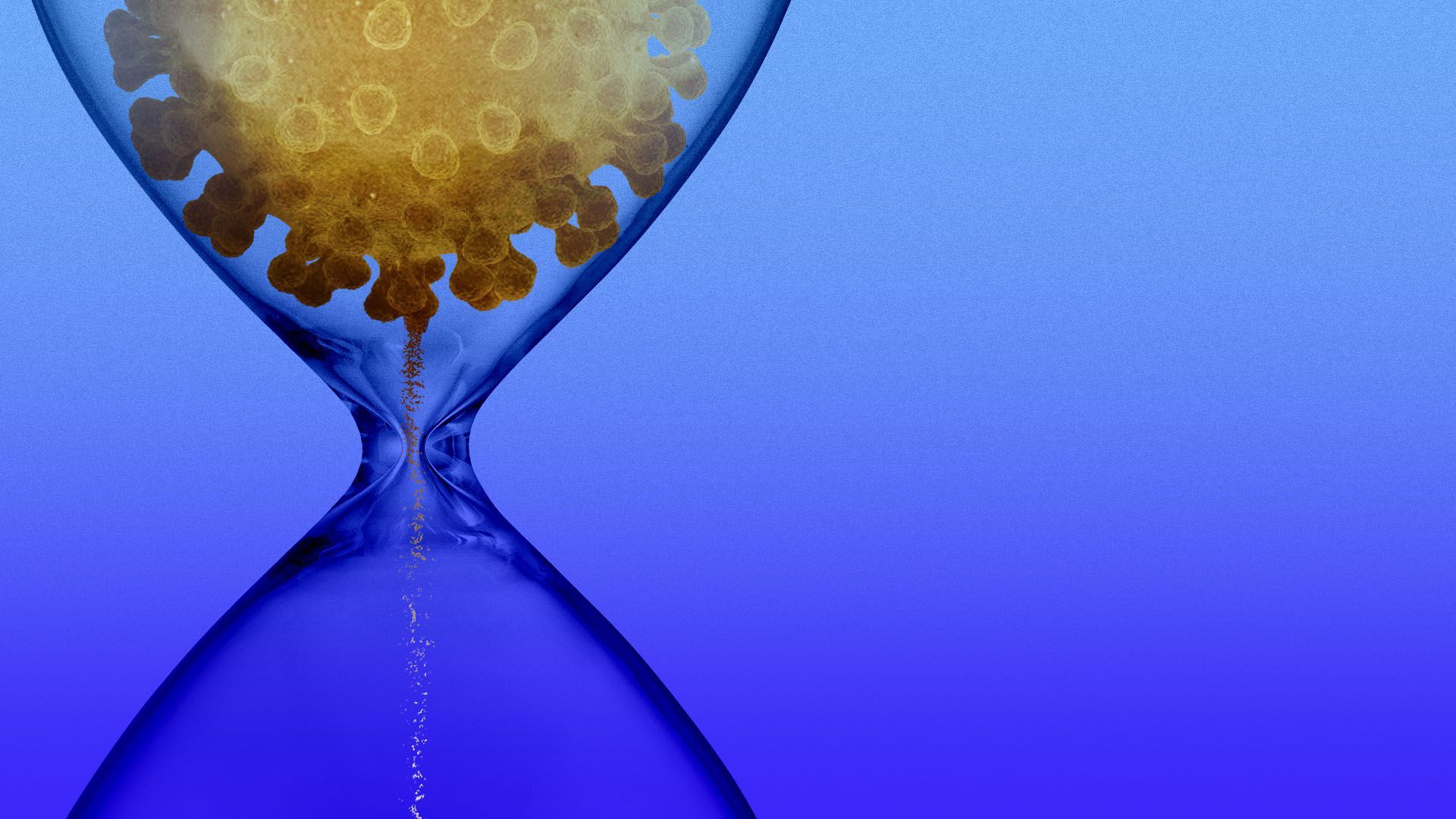Aug 24, 2020 - Health
First confirmed coronavirus reinfection reported in Hong Kong
Add Axios as your preferred source to
see more of our stories on Google.

Illustration: Sarah Grillo/Axios
Add Axios as your preferred source to
see more of our stories on Google.

Illustration: Sarah Grillo/Axios